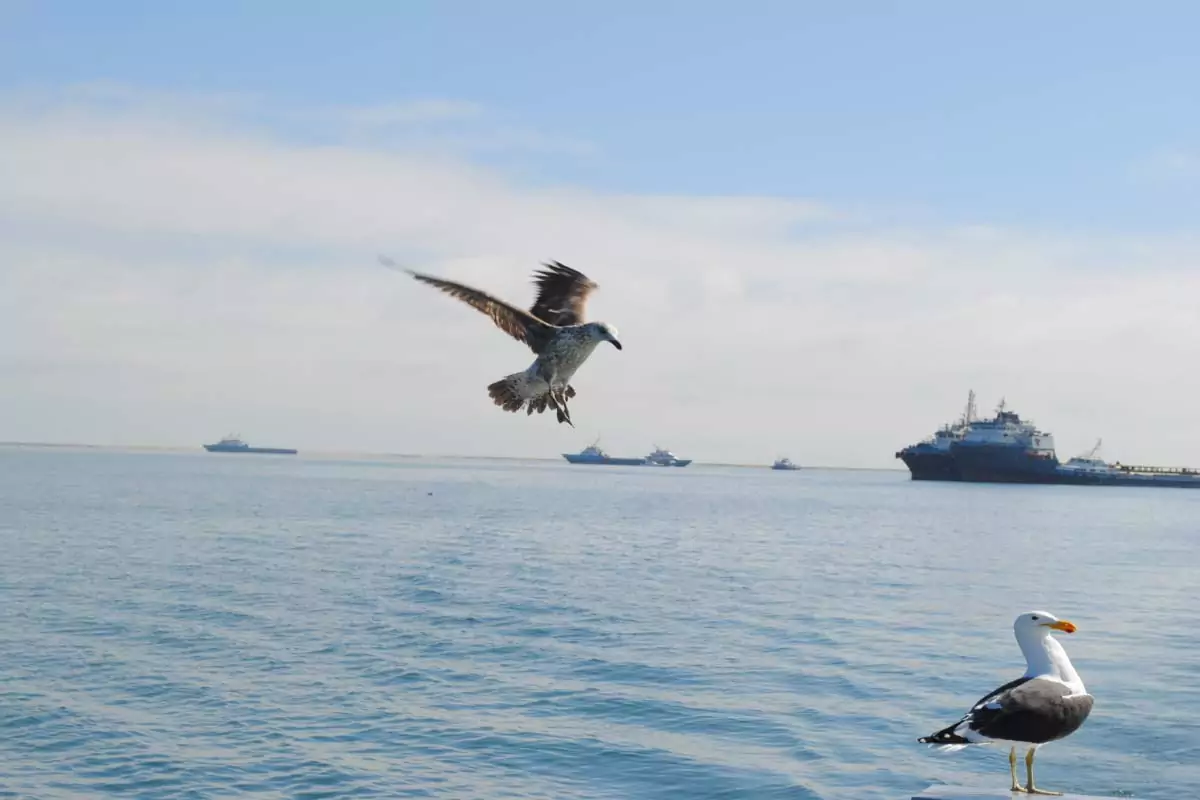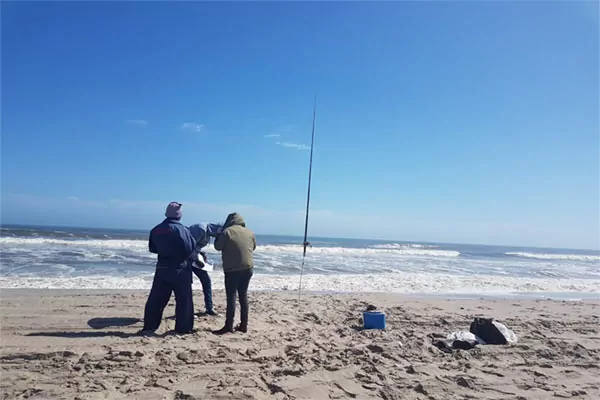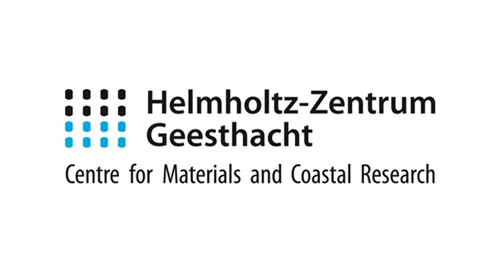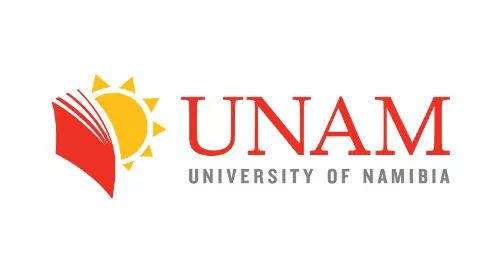Like many other African countries, Namibia is increasingly turning to its ocean as a source of goods and services supporting economic growth. Fishing is a cornerstone of the economy, but other marine and coastal activities are becoming increasingly prominent. At the same time, maintenance of healthy ecosystems and marine and coastal biodiversity are also important objectives. To address such a multi-stakeholder playing field with various interests, NAMares was set up as a practice-oriented project that was designed to support the nascent marine spatial planning (MSP) process in Namibia, with potential for outreach to the wider region. The overall goal was to support planners in making more informed decisions by improving the available knowledge base on marine ecosystem services and their beneficiaries, with focus on coastal tourism, shell collecting and artisanal fisheries. The project demonstrated the value of an inter- and transdisciplinary approach where various scientists and other stakeholders came together to do problem-oriented research in a way that respects and gives a voice to marginalised sectors. NAMares was able to have a real impact on MSP processes and planning decisions.




